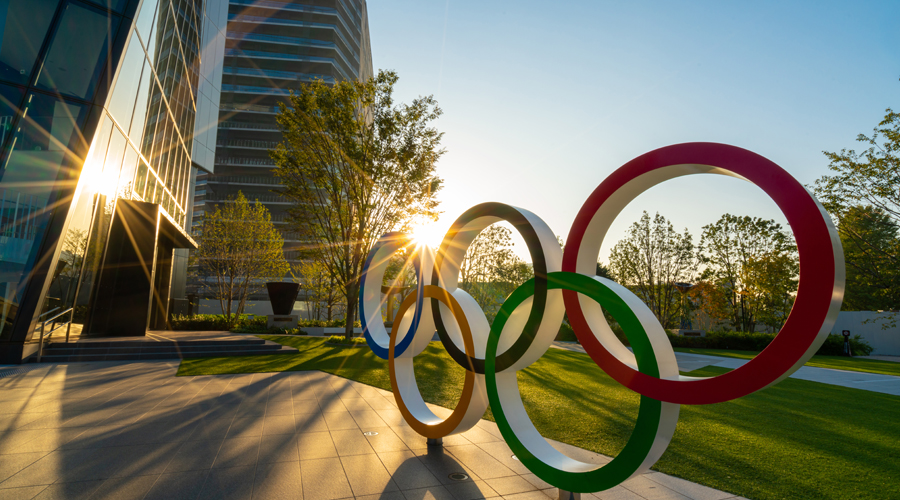Up to 10,000 domestic spectators will be allowed in Tokyo 2020 venues, Olympics organisers said on Monday, a decision that cuts against the recommendation of medical experts who said holding the event without fans was the least risky option.
The announcement ends months of speculation and highlights Japan’s determination to push on with the multi-billion-dollar extravaganza amid public opposition and deep concern about a resurgence in infections.
The decision was widely expected after some recent comments by organisers and as the government’s own medical experts last week appeared resigned to the event going ahead with fans.
Japan has largely avoided the kind of explosive coronavirus outbreaks that have devastated other countries, but the vaccine roll-out was initially slow and the medical system pushed to the brink in some places.
The limit for the Games, scheduled to begin on July 23, “will be set at 50 per cent of venue capacity, up to a maximum of 10,000 people”, organisers said in a statement.
But the cheering — for a victory or a plucky underdog — will likely be quelled as shouting will be prohibited. Organisers also said masks would be required and spectators would be requested to travel directly to venues and go straight home.
Numbers could be further reduced after July 12, depending on whether “quasi emergency” Covid-19 measures, due to expire the day before, are extended or due to any other anti-infection measures in force at the time, according to organisers.
Spectators from overseas have already been banned. The national stadium, built for the 1964 Tokyo Olympics and due to host athletics and soccer this time, would have held 68,000 fans but now will be at a sliver of that.
However, TV deals will ensure the Games are beamed around the world.
Organisers are still considering whether to allow alcohol to be served in venues, Tokyo 2020 president Seiko Hashimoto said. Even as experts voiced concern, Hashimoto had previously said she was eyeing allowing up to 10,000 fans.
Some of the country’s top health experts had said on Friday that banning spectators would be the least risky option. “It would be preferable to have no audience from the standpoint of infectious disease control,” Haruka Sakamoto, a physician and researcher at Keio University, said before the decision.
“I am concerned not just about the increase in the number of people coming to watch the Olympics itself but also about the loosening of people’s sense of urgency by hosting the Olympics with spectators.”
Some 65 per cent of the public want the event postponed again or cancelled, a poll by broadcaster Asahi News Network found.
The announcement followed five-way talks among Tokyo 2020 organisers, the Japanese government and that of the capital, Tokyo, and the international Olympic and Paralympic committees.
Before the meeting, IOC President Thomas Bach said the vaccination rate for athletes and officials residing in the Olympic village was now “well above 80%”, exceeding the IOC’s initial expectations.










